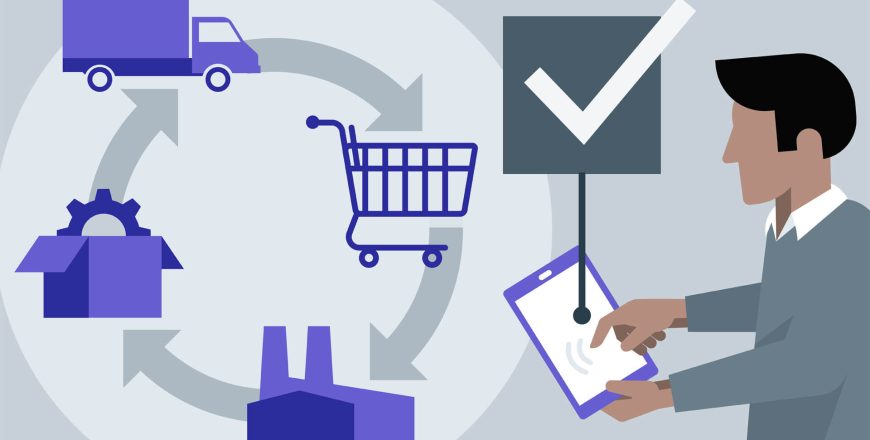
- Curriculum
- Reviews
SECTION 1: INTRODUCTION TO LOGISTICS MANAGEMENT
SECTION 2: CUSTOMER SERVICE IN LOGISTICS MANAGEMENT
SECTION 3: INVENTORY MANAGEMENT AS A TOOL FOR LOGISTICS MANAGEMENT
SECTION 4: TRANSPORTATION MANAGEMENT IN LOGISTICS MANAGEMENT
SECTION 5: INTRODUCTION TO GLOBAL LOGISTICS
SECTION 6: LOGISTICS COLLABORATIVE RELATIONSHIPS
Please, login to leave a review




